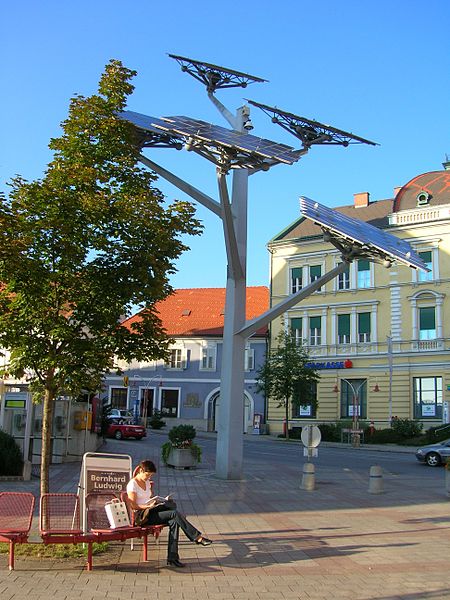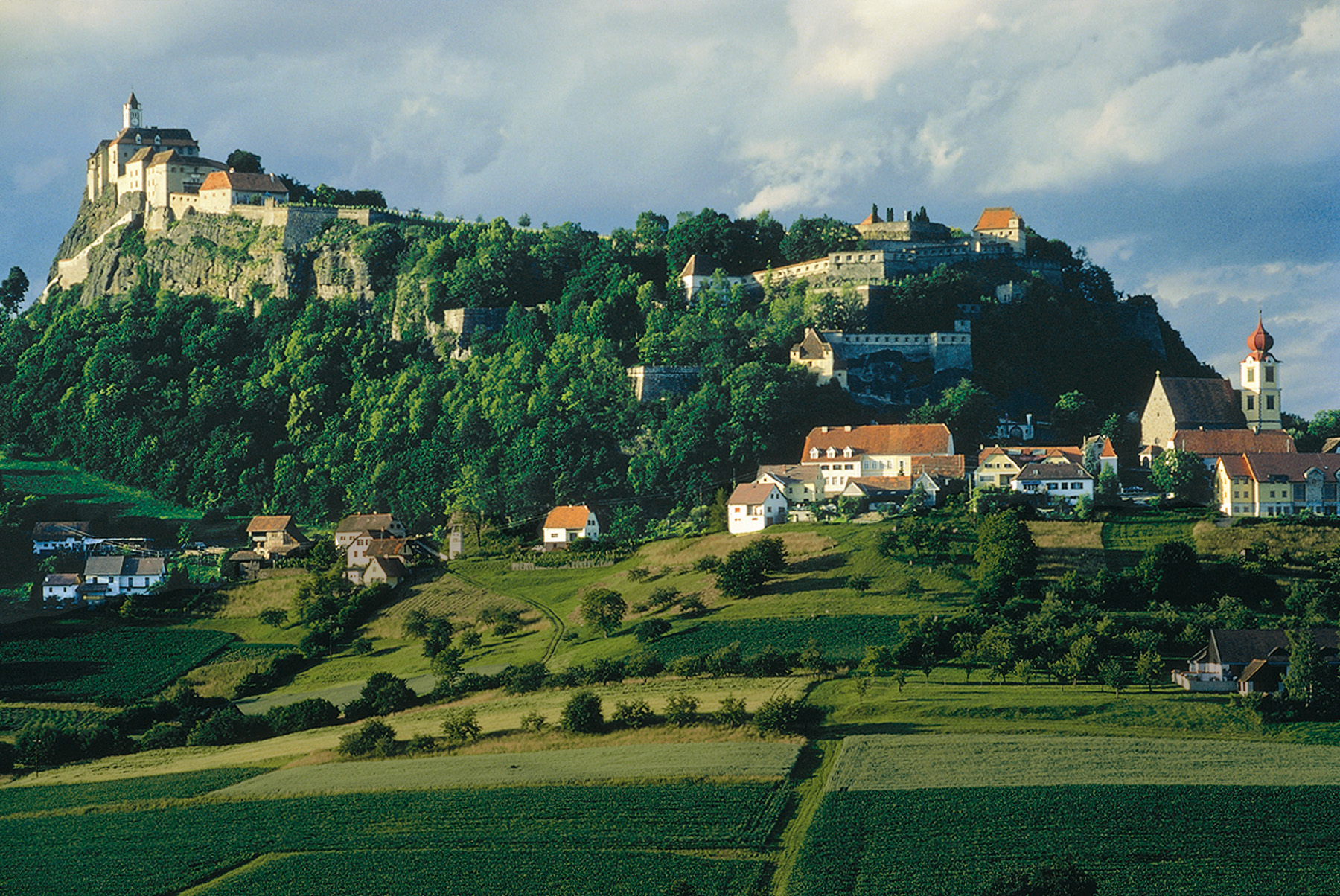Projekt ukončen, aktivity sítě pokračují
Projekt Mezioborová síť udržitelného rozvoje byl úspěšně ukončen 30. 4. 2014, aktivity sítě však nadále pokračují.
Tyto původní stránky projektu budou aktualizovány pouze ve výjimečných případech, pro pokračování aktivit je třeba přejít na následující webové stránky:
Regionální centrum expertízy Česko - pro další spolupráci subjektů v Česku
COPERNICUS Alliance - pro mezinárodní spolupráci
Mezinárodní projektu UE4SD (běžel v letech 2013-2016)
Recenzovaný časopis Envigogika
The first MOSUR sustainability field trip to Graz-Styria in Austria
 The Charles University Environment Center organised the first sustainability field trip for non-Prague university students under the auspices of the MOSUR project to the Austrian city of Graz and the surrounding region of Styria in the second week of September 2012. The field trip was organised in cooperation with Karl Frazens Universität Graz and the Regional Centre of Expertise (RCE) on Education for Sustainable Development Graz-Styria, whose staff drafted a comprehensive programme of presentations and on-site visits to numerous exemplars of sustainability projects in their region.
The Charles University Environment Center organised the first sustainability field trip for non-Prague university students under the auspices of the MOSUR project to the Austrian city of Graz and the surrounding region of Styria in the second week of September 2012. The field trip was organised in cooperation with Karl Frazens Universität Graz and the Regional Centre of Expertise (RCE) on Education for Sustainable Development Graz-Styria, whose staff drafted a comprehensive programme of presentations and on-site visits to numerous exemplars of sustainability projects in their region.
A total of 15 students from range of universities registered and participated in the field trip, including Masarykova univerzita, Univerzita Jana Evangelisty Purkyně in Ústí nad Labem, Univerzita Palackého in Olomouc, and Univerzita Pardubice. Students were picked up on 10 September in Prague and Brno and driven to the city of Graz by mini-bus where they were accommodated at the JUFA youth hostel. The first full day of the field trip was centred at the University of Graz where a variety of presentations were made on the university’s sustainable campus and efforts to embed sustainability into the university curricula, a project to make the university fully carbon neutral, the creation and operations of the RCE Graz-Styria and plans to create an RCE in the Czech Republic in the Usti region, and finally an overview of national Austrian sustainable development policy and the Austrian contribution to the Rio+20 sustainable development and green economy conference held in Rio de Janeiro in July 2012 in comparison with the contribution made by the Czech Republic. The day’s session was completed with the students being assigned the task of brainstorming barriers to and opportunities for sustainable development in the Czech Republic from the perspective of the university, the city and the state.
The second day comprised two on-site visits to successful examples of Styrian regional sustainable development. The first visit was to the renown Zotter chocolate factory which produces high-grade organic and fair trade chocolate using cocoa beans from around the world purchased at above UN fair trade recommended prices. All other inputs into the chocolate manufacturing process are strictly locally-based, and the entire factory was originally designed as an open viewing platform where the public can inspect the entire manufacturing procedure from start to finish. The factory also includes an ‘edible’ zoo where the point is to bring people, especially children, into contact with some of the living food products that they otherwise would never see and never relate to what they consume on a daily basis. The entire enterprise provided a successful example of the three pillars of sustainable development in action: the business was environmentally friendly by focusing on organic products while factory itself was partially powered by solar panels, economic viability was maintained by creating a connection between consumer and product that reinforced the ‘experience’ of consuming chocolate rather than the purchase of a simple item, and social sustainability was maintained by the determination of the factory owner to base his operations in his home province for the benefit of his local community and local labour market.
The second visit was to the Gölles vinegar and schnapps producer in Riegersburg which provided another example of a local enterprise that focuses on the production of high quality branded products that are manufactured from local resources – in this case various fruit sourced from within the local community, while the stones from the fruit are kept and dried and used as a heating source in winter.
The third day was dedicated to energy projects, beginning with a visit to the ‘solar city’ in Gleisdorf that is part of the Styria’s Energieschaustrasse or Energy Road. There the students were given a presentation on the local production of solar energy via the installation of solar panels on roofs and the construction of photovoltaic stations, and where something like 40,000 people are linked to this solar power grid. Explanations were provided of the local advantages and disadvantages of solar power as a local energy source, as was as the current technology involved in the manufacture of solar panels. Students were also shown the ‘solar city’s’ biofuel generator and biofuel station where anybody could purchase biodiesel from the pump, including an explanation of the processes involved in producing biofuel.
The second stop on the third day was to the Steirisch Ursprung company in Brodingberg which is based in a hotel designed to provide clients with an ‘authentic’ medieval hotel experience along with a beer spa. The hotel was built using exclusively locally-sourced materials and labour, and specialises in brewing a honey-flavoured beer using local honey and solar panels to power the brewing process.
Day four signalled the final departure from the city of Graz in the direction of the Admont-Stift monastery, which contains the world’s largest monastery-based library. The students then progressed to the Gesäuse National Park where park staff provided a presentation on the creation of the park in 2002 and activities that it has been engaged in ever since to preserve the park land in its current state or return it to its nature state. This was followed by a short tour of the park along an educational path that is designed to engage the visitor in the park’s ecosystem in an innovative and interesting way, and includes a number of purpose-built structures that require visitors to take a hands-on approach to learning.
The accommodation that night was at the new JUFA youth hostel in Eisenerz where the students were asked to evaluate the field trip that same evening. Students also spent much of the afternoon and evening working in groups to produce an article on the lessons learned from the field trip and how they could be applied to the Czech context. They were expected to complete this work in a wiki format within a week of returning home to the Czech Republic.
The field trip concluded on the field day with presentations first thing in the morning mining problems in the Czech Republic, concentrating on the Usti region, followed by a presentation by local physicist, Gerfried Tiffman, on the history of the mining of iron in the town of Eisenerz and current efforts to revitalise the town now that mining operations have been scaled down and will eventually cease altogether in the near future. The presentations were capped off with a short tour of the town centre and a viewing of the ‘iron mountain’ from a nearby lookout.
Further information about the field trip, including the full programme, a diary, photos, presentation material and student work can be found at the Austrian Sustainability Field Trip wiki.
